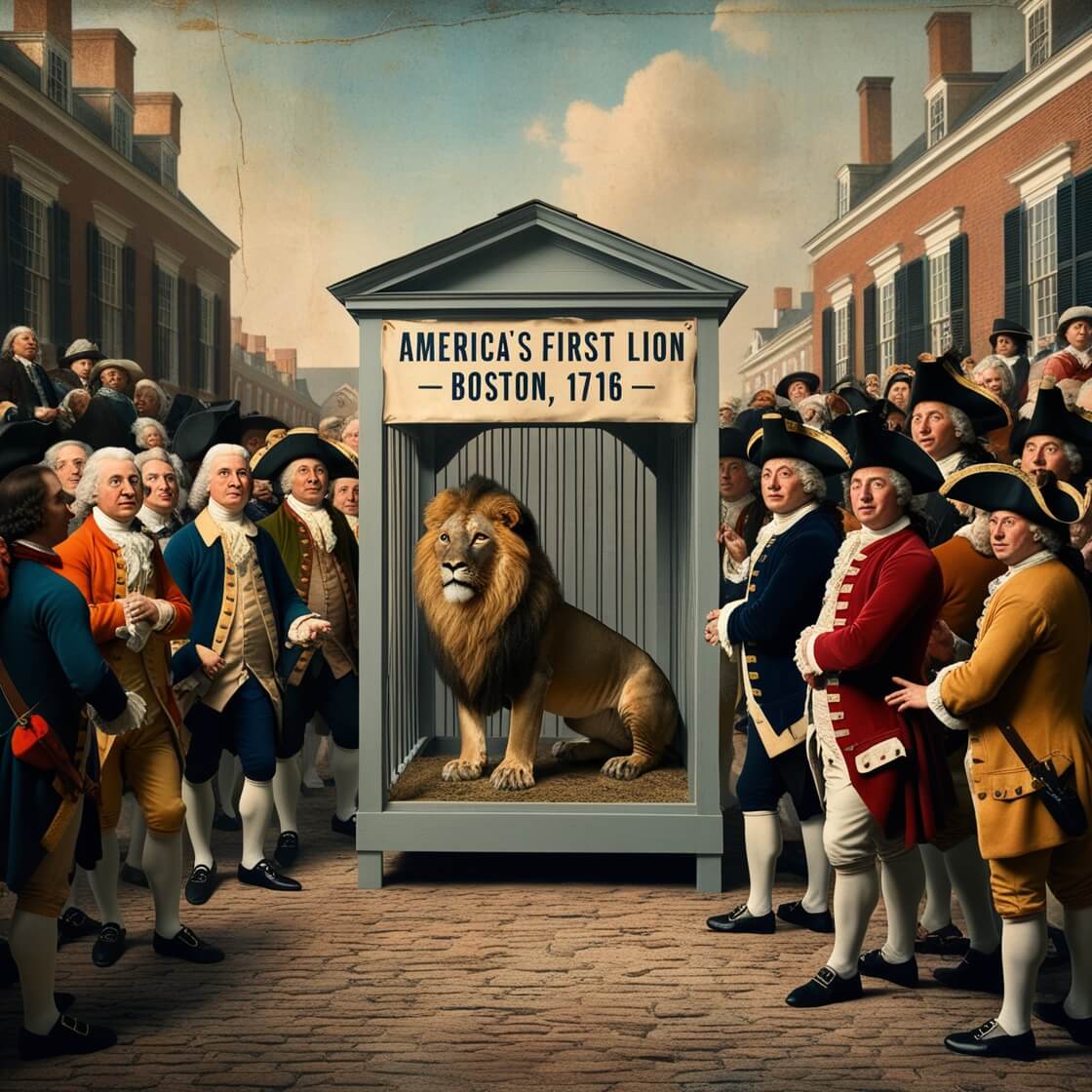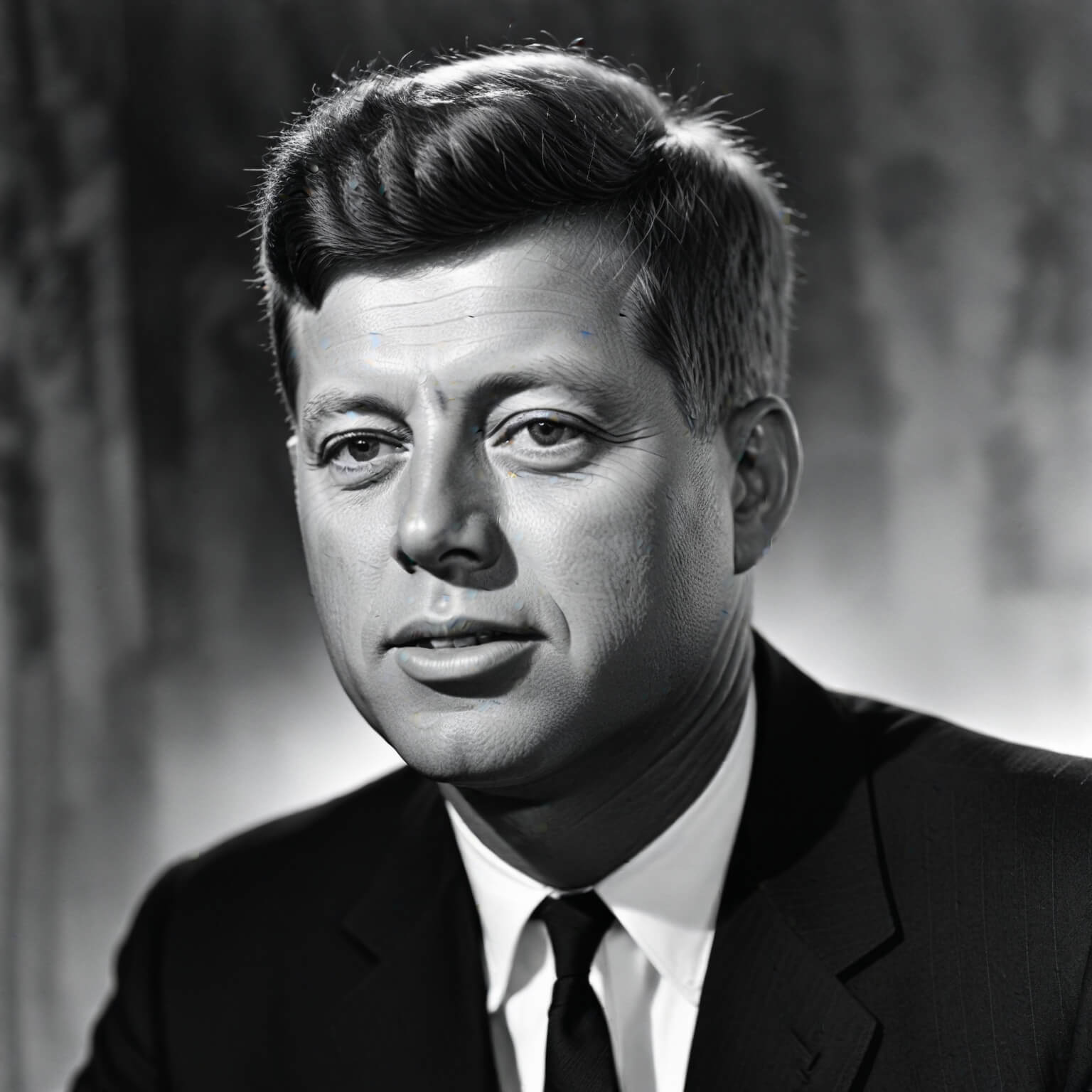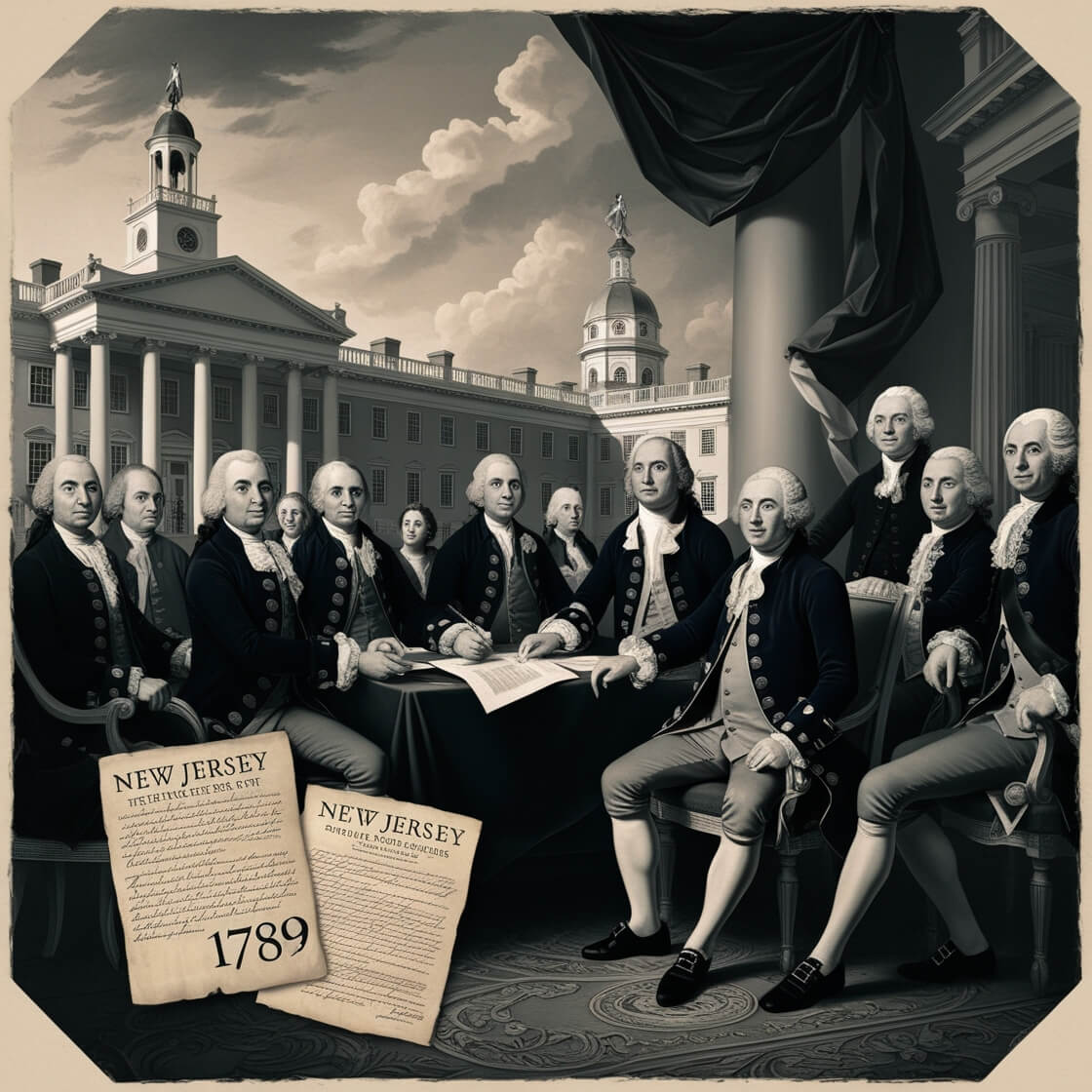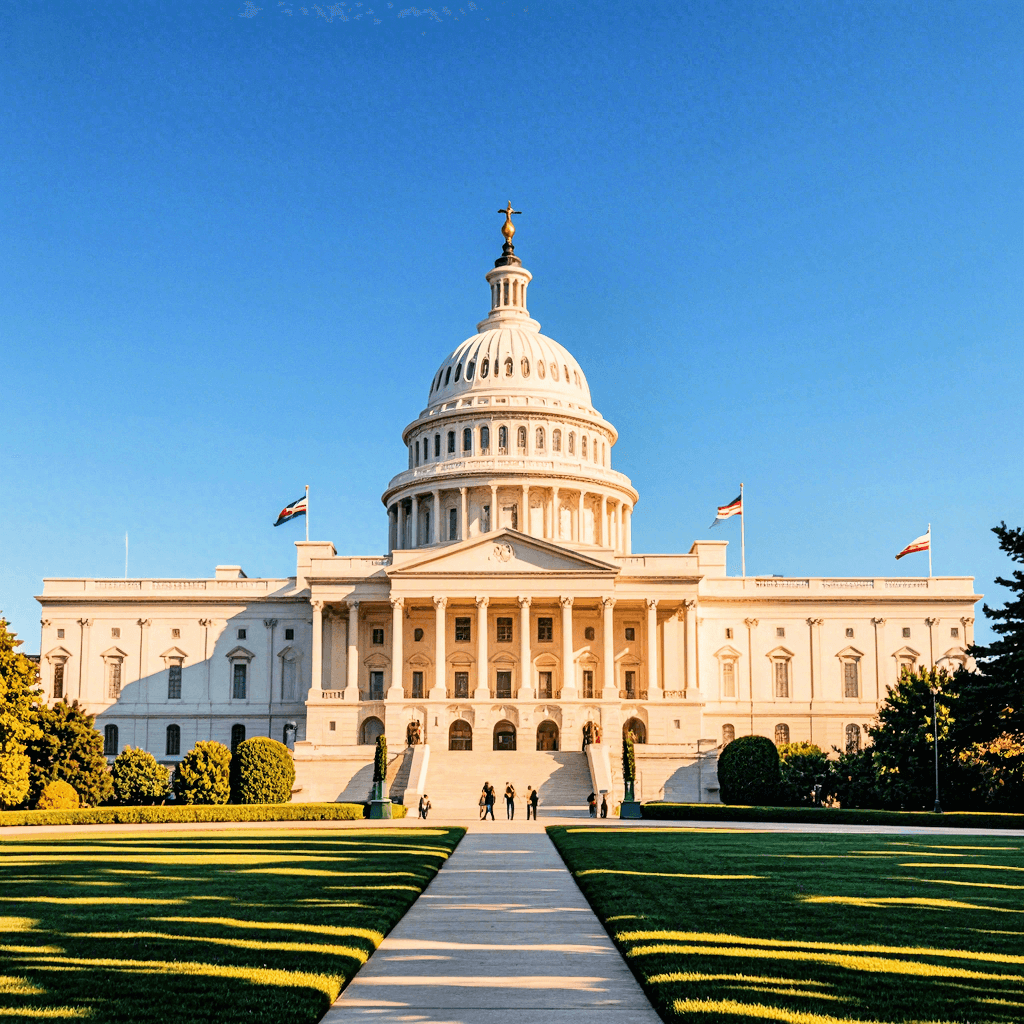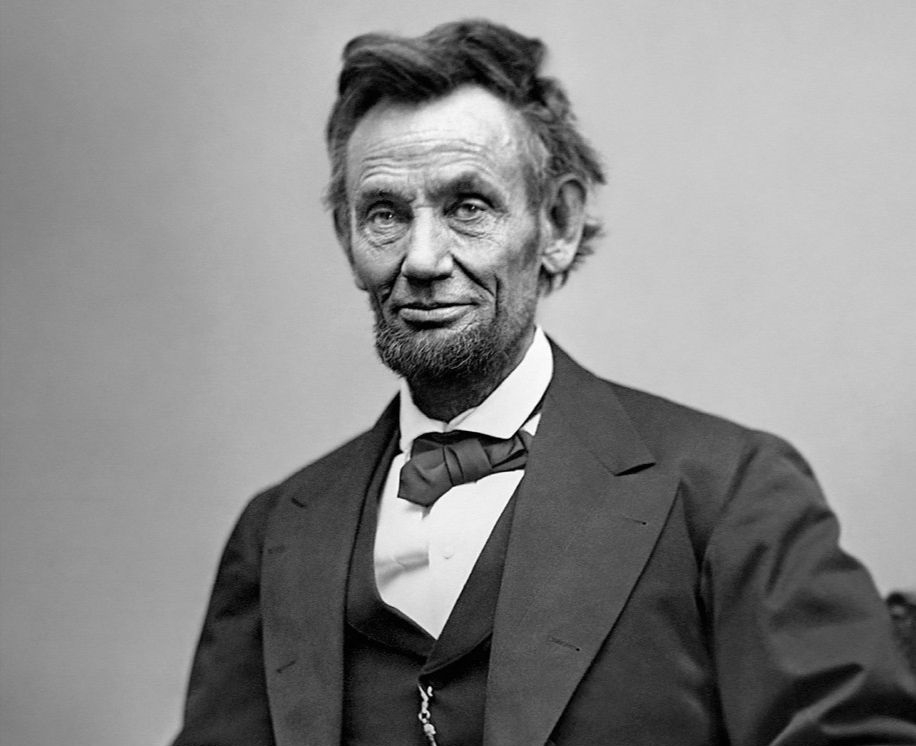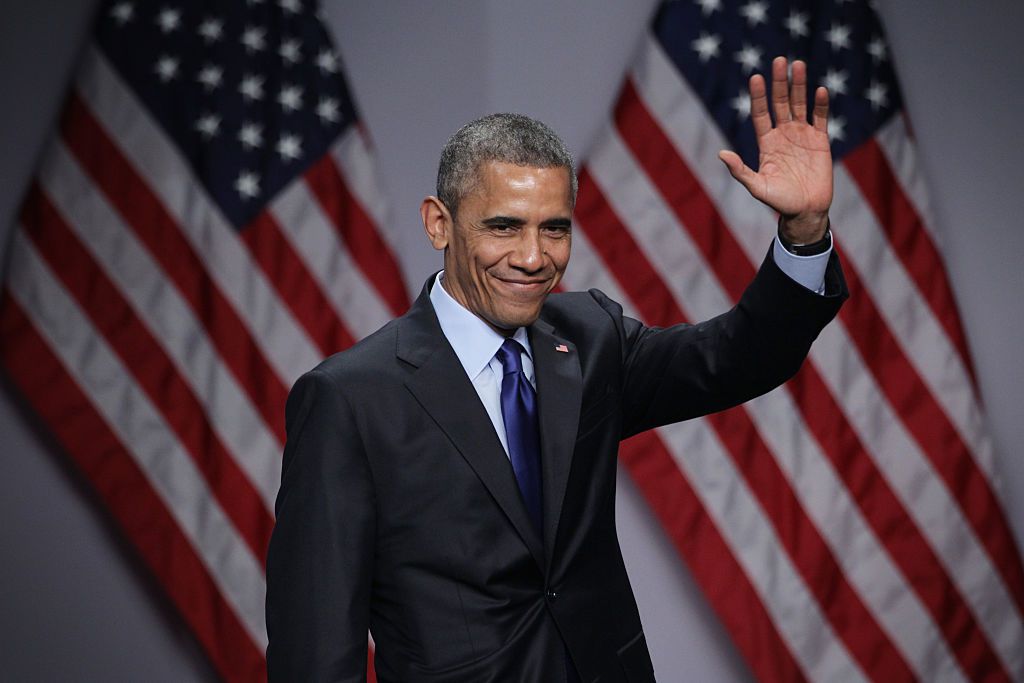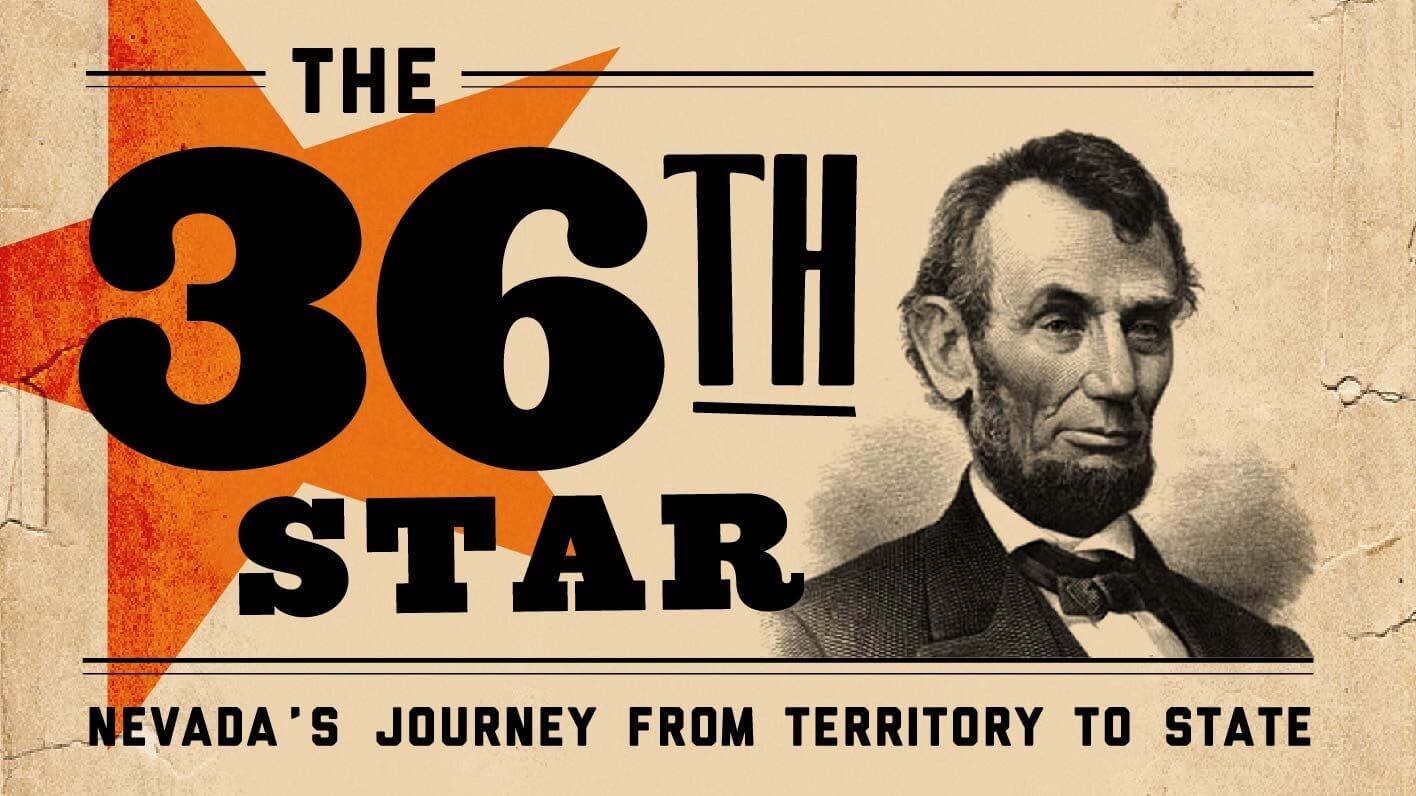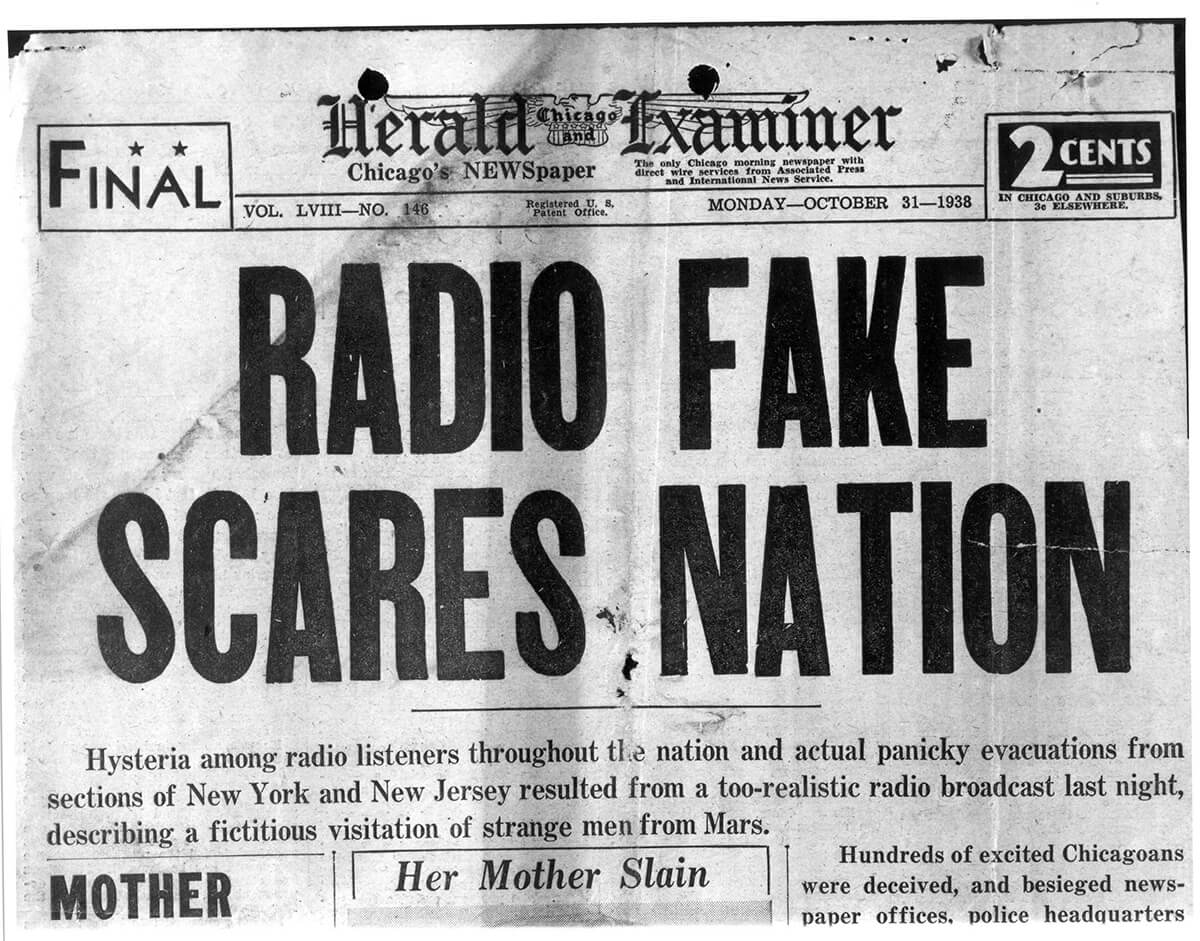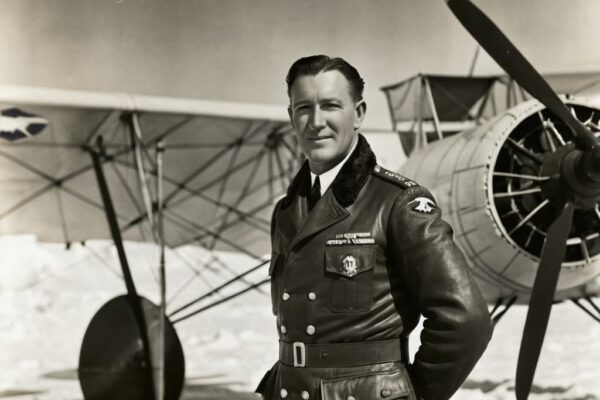
Admiral Richard Byrd’s Historic South Pole Flight on November 29, 1929
On November 29, 1929, Admiral Richard E. Byrd achieved a groundbreaking milestone by becoming the first person to fly over the South Pole. This historic feat marked a new era in exploration and aviation, showcasing human ingenuity and courage in the face of extreme challenges.

